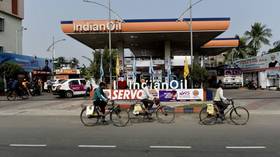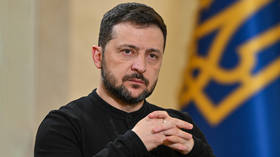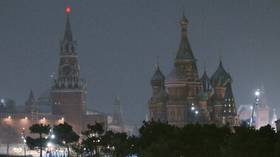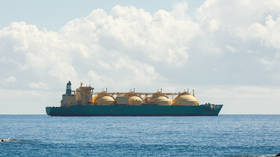Russia becomes India’s top fertilizer supplier

Russia has become India’s biggest supplier of phosphate fertilizers due to discounts amid Ukraine-related Western sanctions, The Indian Express reported on Thursday, citing industry sources.
According to the report, over the past three months India imported 350,000 tons of diammonium phosphate, or DAP, a fertilizer that provides agricultural crops with phosphorus nutrition for the entire period of their growth.
“Imports came at just the right time as planting began for the rain season, which will peak in July,” the publication states.
Russian fertilizer producer PhosAgro has offered Indian companies a heavy discount on its products, while also covering bank commissions for payments transfer. As a result, the cost of Russian fertilizer for India amounted to $920-925 per ton, which is lower than the prices offered by other international suppliers, including China, Saudi Arabia, Morocco and Jordan.
According to the Express report, the price offered by Russia coincides with the price cap India recently put on fertilizer importers. It also notes that the situation may force other fertilizer suppliers to lower their prices if they want to retain their share in the Indian market.
The only problem regarding Russian imports is making payments, which is a complicated process now that Russia is forced to operate under sanctions. However, sources say the industry has come up with “innovative methods” to solve the issue.
“The risk in this case has had to be borne by the seller (PhosAgro), since banks weren’t willing to open letters of credit (to serve as a guarantee for payment) on the importers’ behalf.
Payments were then made by telegraphic transfer to the seller’s account, upon the latter physically presenting the necessary documents (copy of invoice, certificate of origin, bill of lading, insurance policy, etc.) seven-to-ten days after the cargo had set sail,” the sources explained.
For more stories on economy & finance visit RT's business section














